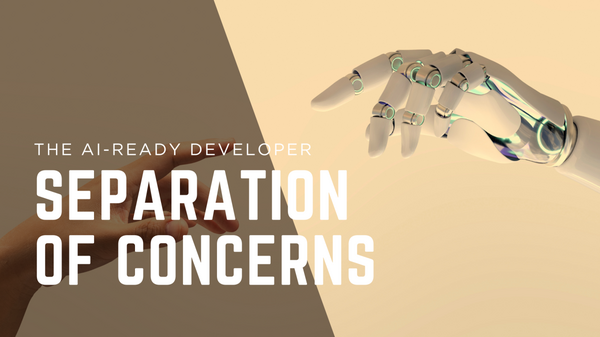AI Coding Assistants Fail With Messy Code, Forcing Developers to Constantly Refactor Generated Programs

Summary
AI coding assistants struggle with messy, poorly structured code despite advertised capabilities, forcing developers to continuously refactor generated programs as the tools excel at creating new code but fail when modifying existing large, interconnected modules.
Key Points
- LLM coding assistants struggle with code that has poor separation of concerns, with effective context sizes being much smaller than advertised maximums due to rapid accuracy degradation
- Higher modularity reduces cognitive load for both humans and AI models, with smaller blast radius changes being less likely to fail when dependencies have clear, intent-revealing names
- Developers must continuously refactor AI-generated code since LLMs excel at generating new code but perform poorly at modifying existing large, interconnected modules